This May, Pulitzer-prizewinner Nicholas Kristof held a nationwide contest. The aim: find the most capable journalism student in America to accompany him on a New York Times reporting trip to Africa. The winner was Casey Parks, a 23-year-old out lesbian from Mississippi. She reported what she saw alongside Kristof, using the instinct for storytelling that has propelled her life. (Needless to say, we wish she worked for us.)
On a spring day this year, Casey Parks, 23, sat in a bus and crafted the essay that would make her the most famous student journalist in America. As a graduate student at the University of Missouri, and she had written dozens of stories before; one of them, an in-depth examination of the pro-life movement in Mississippi, won her third place for Best Feature from the Association of Alternative Newsweeklies. Another essay on coming out in college became required reading for future undergraduates and earned her $1500. When Hurricane Katrina victims evacuated to her hometown in Jackson, she spent hours gleaning the details of their lives for her local newsweekly. Now, the story she planned to tell the New York Times was her own.
“I didn’t think I would win,” Parks said, speaking by phone from her girlfriend’s apartment in Bellingham, Washington. “I just wrote.”
She began, “Growing up poor, I saw my mother skip meals. I saw my father pawn everything he loved. I saw our cars repossessed. I never saw France or London.”
She described her empathy for the minority communities she reported on in the past year. “I knew what it was like to wear out-of-style clothes and want the shoes and cooler lunches that others had. As a lesbian, I knew what it was to feel out of place.”
Before coming out, she had spent long moments as an undergraduate at Milsaps College, crying in the stairwell and begging herself to stop wanting women. After coming out, a Missouri security guard ejected her from the mall for holding her girlfriend’s hand. She wrote these stories, too, in essays calling for equality at the Jackson Free Press, where she became assistant editor at age 21.
“The electricity that comes from crafting seeing the way journalists do—cataloguing every movement, sound, feeling, inference—is what continues to spark me,” she wrote to Kristof.
It was direct and deeply personal, an assertion of where she came from and where she was going. The whole essay—571 words total—took Parks fifteen minutes.
A few months later, Kristof, who sifted through 3800 essays, many senior theses and a few nude photos in his search for the perfect candidate, called Parks to interview her.
“I was nervous,” Parks said. “I was talking to one of my journalism heroes on the phone. He asked me one important question: why did I want to go to Africa? And I just said I wanted to go anywhere! I asked myself, ‘Why did you say that?’ But it worked!”
For Kristof, the choice was sensible, and Parks’ answer was the right one. “I liked Casey’s essay,” he wrote by email, “and she had won some writing awards and had great recommendations. Frankly, I was also drawn to her because she hadn’t traveled abroad and so I thought she would bring the ultimate in fresh eyes to Africa.”
So in September, Parks traveled with Kristof and cameraman Naka Nathaniel to Equatorial Guinea, Cameroon, and the Central African Republic. They published the experience on the Times website, where Parks and Kristof kept their respective blogs and Nathaniel produced short documentaries to play alongside the words. With one of the most seasoned international journalists today, Parks put to use the skills she honed in the United States while developing a more sophisticated sense of what her role was as a journalist.
“When I first started, I thought I’d be really scared,” Parks said. “And at first I was, but the very first day, I thought, here is a man who knows way more than I do—I need to forget I have an ego and just learn. I didn’t really know what I was doing, but he was never judgmental towards me, and I learned.”
In Equatorial Guinea, Parks and Kristof interviewed the Prime Minister. Then as they moved through other countries, Parks began to speak French with the citizens. With each interview, African poverty ceased to be what she had known from television and became what was real. It was embodied in Hermine, a young woman who would sleep with a potential AIDS victim if he offered enough money for her beleaguered family. It was in the men who asked for her number and promised to save a month’s salary to call her in the United States. It was in the reality that though Americans had food stamps, Cameroonians had cassava, a fruit with no real nutritional value, or nothing at all.
But there was beauty in Africa, too: baby elephants in rivers; the changing landscape; and the dozens of children who were always there, cheering and saying hello. Parks used her iBook to write what she saw.
“Casey was a first-rate traveler,” Kristof said. “It was a difficult and at times emotionally-draining trip. And she wrote very engagingly about what she saw and thought.”
In one harrowing episode, Parks and Kristof were held at gunpoint while traveling a road in the Central African Republic. Parks wrote:
“They point the guns. They demand. They motion for Nick to get out of the car. Already covered in sweat induced by Africa’s blaring sun, I start sweating more. Our driver argues again, and one guy walks off to load his gun.
But somehow the whole situation unhinges. All I had was a bottle of water, which I offered up heartily. But before I know it, the barrel of the gun that had been pointing through our window at me and Nick is now resting by the guy’s side. He hands the water back. He even says thank you.”
Parks empathized with the bandits’ desperation. “Those guys held us up and asked for money so they could buy coffee.”
But to Parks, the most affecting moment of the trip was witnessing the plight of Prudence, a woman dying in childbirth from horrific medical neglect. Midday before lunch on September 15, Kristof and Parks stopped for what they thought would be a brief visit to a hospital in Cameroon. They ended up staying for 10 hours, watching over Prudence, who was initially denied treatment because she did not have the $100 the doctor demanded to perform her Caesarean section. Kristof and Nathaniel donated their own blood, and they all donated money. But Prudence died a few days later.
“I wasn’t prepared to watch someone die,” Parks said. “I wasn’t prepared to look at her husband, or her mother. You know, looking back at some of those things,” she said, referring to her blog entries, “it’s hard to believe I wrote them. These things just sort of came out of me, I don’t have any recollection of typing them; I didn’t revise any of them. A lot of them were written outside in ten minutes.”
She wrote an entry the moment she learned of Prudence’s death:
“It is too easy to look at numbers of maternal mortality or mortality in Africa in general, and feel distance from them. It is easy to think of death in Africa and not feel it close at hand. It’s harder to see this woman as a daughter whose mother stayed awake for days at her bed side, whose eyes blared red from tears and no sleep. It’s harder to see her as a mother whose children were at school when she left for the hospital on the back of a motorcycle taxi. It’s harder to understand that in death there is a persisting struggle, a weeklong fight through vomit and blood and infection . . . I don’t know how to live and have these realities constantly close at hand, but I know that I cannot live anymore with them as a story, as a facts-and-figures news article that speaks but does not move. I cannot hear of tragedies and blanket them under the term “tragedy,” because even that has become a cliché that is so easy to recognize, it’s now too hard to understand.”
Parks returned to New York on September 24. “Africa is a confusing place,” she said. “I came back with way more questions than answers.”
Exhausted from the journey, she immediately fell asleep in her midtown hotel room in the early afternoon. She woke at 3am, dazed at the bright lights outside her room. A single block in Times Square, she realized, used enough electricity to power an entire African nation.
It wasn’t the only revelation that lingered. A hot shower alone felt excessive; taking one in Africa would risk draining the entire building of its power supply. The smell of sweat recalled the smell of overseas poverty. She developed bronchitis, lost five pounds and craved only soup. Her day-to-day consumption in America became entwined with the suffering she saw in Africa. “I never spent so much money on alcohol in my life,” she said. “I spent enough last night to have gotten someone a C-section.”
Parks appeared on the The Today Show, which felt bizarre after returning from starving villages in the Central African Republic. When Al Roker asked if being on The Today Show was better than being held at gunpoint, her answer was equivocal: “Both are pretty surreal.” When women who recognized her from television stopped Parks in the street, she was polite without embracing her celebrity. “I thought, ‘Oh my, this is not what I’m meant for,’” she said.
But through the post-Africa confusion, one thing remained totally clear: she would use the experience and continue writing.
Even before traveling with Kristof, Parks had befriended some of the most prominent journalists in America, including Pulitzer-prizewinners Anne Hull and Jacqueline Banaszynski, whom she cited as inspirations in her winning essay. But she counts a lesser-known journalist among her greatest influences: her girlfriend Kate Moser, a writer for the Skagitt Valley Herald in Bellingham, Washington. While Parks was in Africa, Moser wrote lengthy emails to her every day. “I could never write her back, and she didn’t complain!” Parks said. “She put in way more than she got out. She was so wonderful and so strong for me, and really proud of me, and definitely helpful.”
One of Moser’s reflections particularly moved Parks, changing the light in which she was writing about Africa. “She was driving through this community and she said she wanted to write stories for these people, not about them,” Parks said. “She’s a really really beautiful writer. I’m always learning things from her.”
For now, Parks is living with Moser in Washington and freelancing for Glamour and The Christian Science Monitor. In January, she will begin a full-time internship with the venerated Portland Oregonion, four hours away from Moser. And Parks is using the time, too, to eat vegetarian burgers, listen to music with her girlfriend, watch Australia’s Next Top Model on YouTube (superior to America’s, she claims), and read. Throughout the period of relative rest, she is heeding her latest advice from Anne Hull.
“She emailed me when [the trip] was done and said, ‘You did a great job. Now you can drink some good drink, and then start tomorrow. Where’s your new story?’ There’s this huge part of me that’s like, ‘Okay, I need another story, where’s the next story?’”
Her ultimate goal is to return to the South, where she can illustrate, for the rest of the country, the place that made her a writer. “I have to be a national correspondent for the South,” she said. “I feel like it’s what I was supposed to do. I’m not cocky, but I feel like I’m supposed to be that person. I want to illuminate it without making it the ubiquitous South that everyone thinks it is. I just want to write. I just want to do tons and tons of stories.”

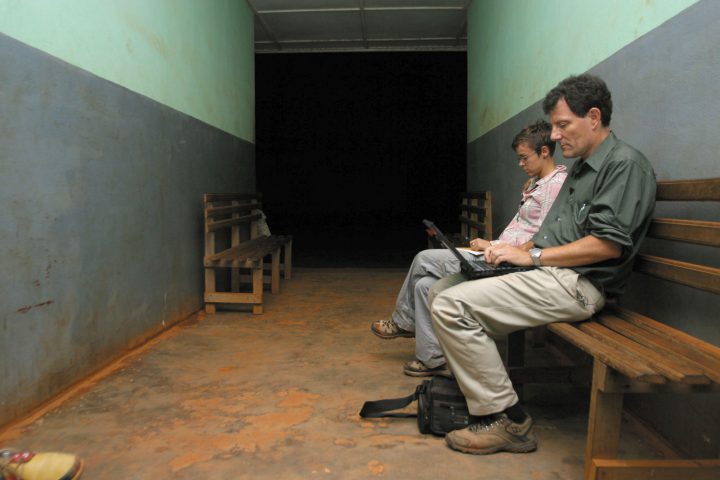
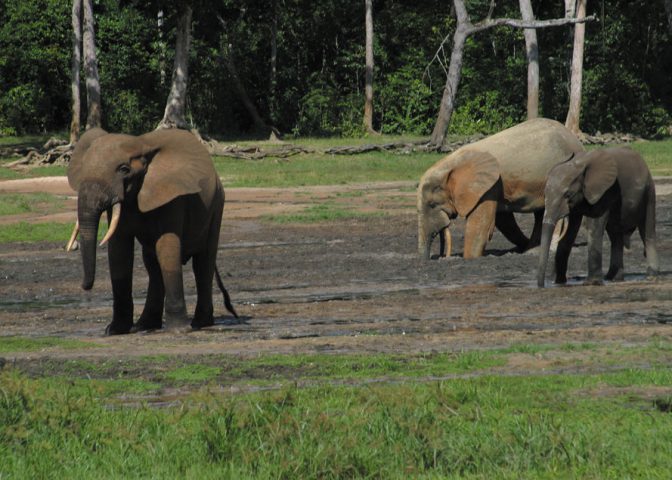
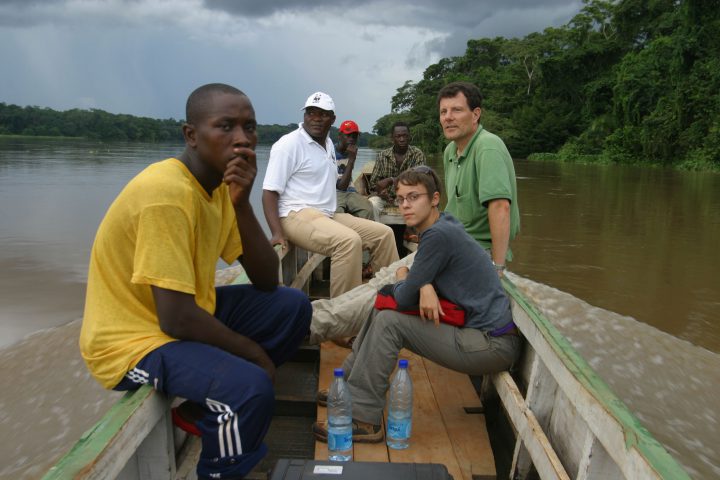
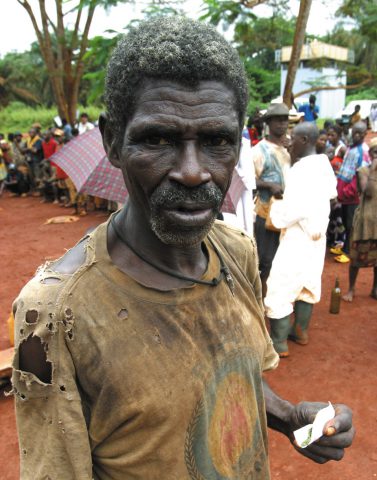
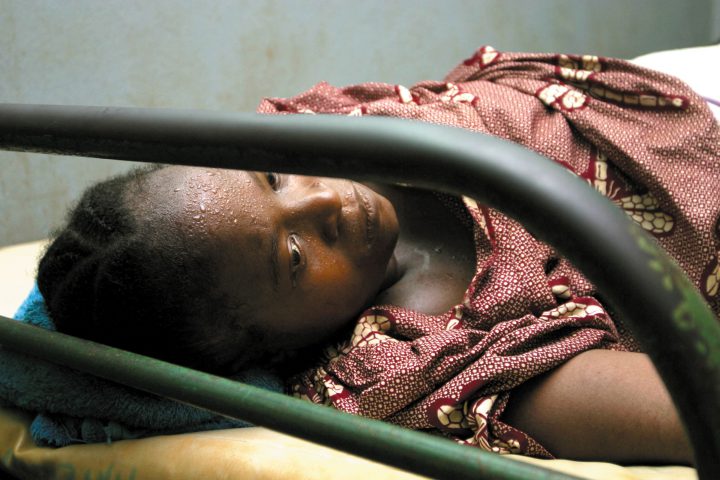

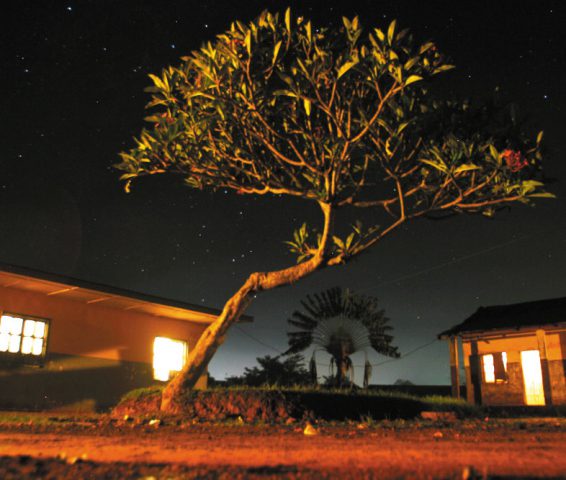
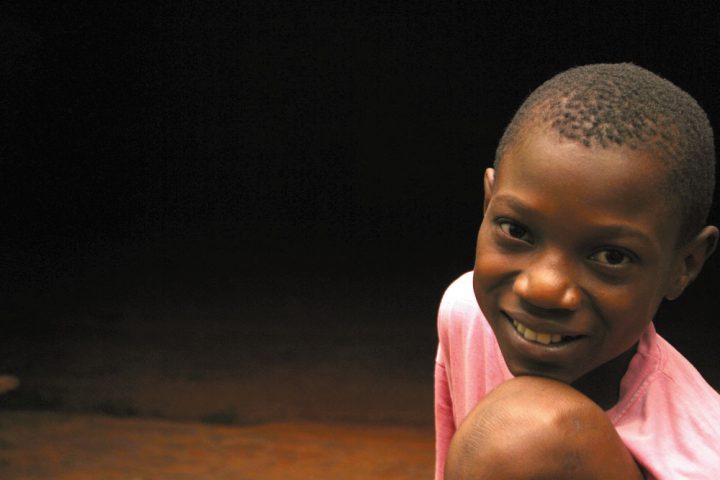
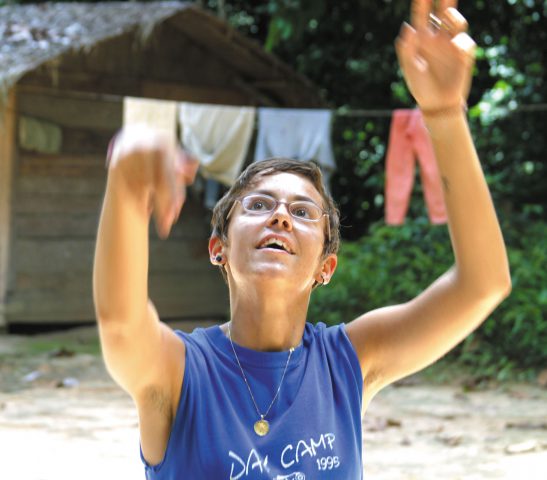
What Do You Think?